
What up future Crownlings? If you are one of those preparing for the UPSC / CDS / NDA / AFCAT exams, then somewhere in your study material you must have come across about……… Parliamentary Committees. Even if it is a bit daunting at first — no stress, we are here to help you understand in the simplest and most well-intentioned manner. And at the end of this post, you will understood all about these committees and understand in detail how they are working with reference to Indian Democratic system. So, let's dive in!
Parliamentary Committees are the unsung heroes of our legislative process. They are made up of small groups of MPs (Members of Parliament) who come together to work on particular areas within government. Roving parliamentary committees of experts that delve deep into various issues, policies and bills before they are put on the floor for all parliamentarians to vote on.
Without these committees our government could not function properly. They lay the foundation that allows our Mps to make informed policies on such complex issues. Pretty cool, right?
First up, we will understand the types of committees that you may come across during UPSC prep:
Permanent and always ready to deal with issues in certain areas, is a Standing Committee. There are two main types:
Financial Committees: Look out for these moolah baggers in government. They include the Public Accounts Committee; Estimates Committee; etc. Question by Committee on Public Undertakings Departmental Standing Committees: These committees examine the works of specified government departments or ministries. There are 24 in all, ranging from agriculture to external affairs.
In improving parliamentary function, Special Task Force like Ad Hoc Committees are the order of operation. They are created to do one thing and disappear once they accomplished their task. Some examples include: Select Committees; Joint Committees on Bills; Inquiry Committees; etc.
Does that make your eyes roll back into the top of your head, thinking "Why do I care about these committees?" But for us, an UPSC / CDS / NDA / AFCAT exams aspirant it is important to know because they are the essential part of our democracy. Here's why they matter:
Close Scrutiny : The committees look at bills and policies closely, something that may not be possible in the main Parliament sessions.
Expert Input — They have the ability to bring in experts and stakeholders to provide a multi-faceted perspective on issues.
Bipartisan Coordination:- When Committee members of different parties work together it helps create a cooperation.
Checks & Balances: They audit governments to ensure we know how our government is working and where the money goes.
Fun Fact- Did you know that the suggestions of these committees, though not obligatory are typically taken quite seriously by the govt.
How Committees Function
But to see what those committees look like in practice, let's take a look.
Frequent sittings: Committees hold meetings regularly to discuss specific matters, scrutinize bills and policies of Government.
Gathering of Evidence: They collect informations the way they think is appropriate through documents, expert opinions etc. and even physical site inspection to gain personal knowledge on certain materials for writing their orders.
Prepare Report: Once the committee has conducted their investigation, they draw up detailed reports with findings and suggested recommendations.
Lay before Parliament: These reports are then tabled in the Houses of Parliament for scrutiny.
Parliamentary Committees: Important for UPSC / CDS / NDA / AFCAT exams Preparation
So, as you prepare yourself for the UPSC exams it will be useful to gain a brief insight into what are parliamentary committees. Here's how:
Governance Knowledge: It educates you about the nitty-gritties of governance in India.
Many committee reports feature in current affairs- ideal for your UPSC / CDS / NDA / AFCAT exams perception!
It is also important for the essay writing and it can be a great material Essay type questions on Indian Polity_ENSURE_FAILED sections.
The interviewer board can also become impressed if you dell some of these nuances asked about Indian democracy after reviewing on Interview Preparation.
Such committees can be categorized into the following ways:
Committee to Enquire
Committee to Scrutinize
Financial Committees
Committees for Administrative Committees
Committees on Provision of facilities to Members
So here we will share some assistance regarding your upsc journey one of those is NDA CDS. It is an essential topic for all UPSC exams (inclusive of the CDS as well) related to Parliamentary Committees.
CDS exam is conducted by UPSC for admission in National Defence Academy and Indian Naval Academy, which consists of General Knowledge paper. This is a very scoring section as it usually carries questions on Indian polity concerning the current scenario and if you know what are Parliamentary Committees, then this could be your escape route.
NDA CDS Preparation using Parliamentary Committees Tricky Ways
Polity: Mostly questions from the core features of Indian democracy, and role played by Parliamentary Committees in our system.
General Knowledge: Read about the important and recent com m ittee reports, etc as they appear in news pretty often which also makes a good G K question.
Analytical Thinking — Understanding how these committees function can help you to solve analytical problems related to governance, and policy making.
Do keep in mind, that while the NDA exam is more oriented around aptitude and mathematics a good command over these rules can take you an edge of front on general knowledge section!
Conclusion
So there it is – A breezy guide to Parliamentary Committees in India. Remember these committees while preparing for UPSC. These are not just dri dry facts that we have to remember, these people and groups compos e parts of our democracy; they create thousands upon thousands of policy details t hat touch millions.
This information is beneficial for both NDA CDS and all other exams of UPSC. To be clear, acing the test is not just bottori (obviously?!)【Reason】, but about learning how our nation operates.
Therefore, keep learning and exploring because knowledge is the lowermost rung of ladder to make you a future civil servant. So good luck for your journey of UPSC.
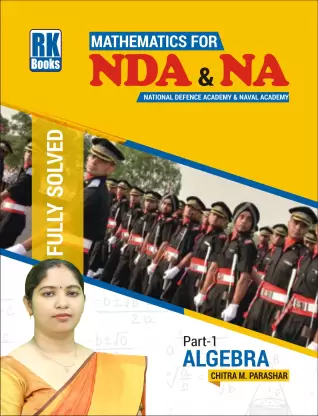
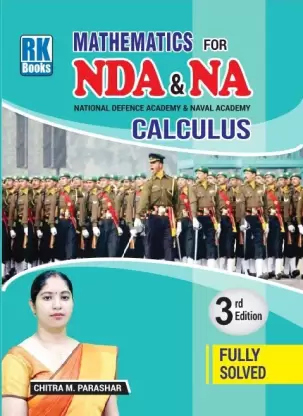
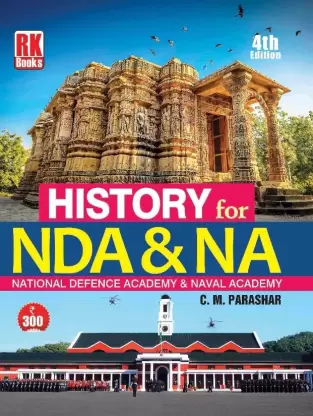
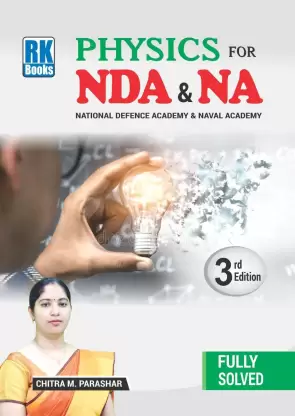
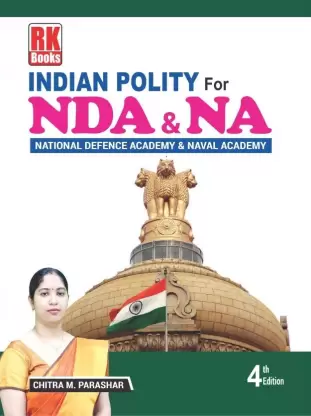
© 2024 | The Tutors Academy | Website Conceptualised and Developed by Promotion Paradise
